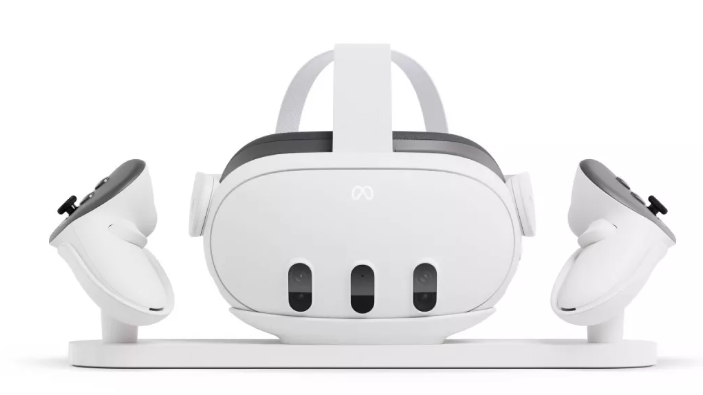The Library is pleased to announce that it has acquired Scopus AI. An add-on to the existing multidisciplinary Scopus database, this generative AI (GenAI) tool minimizes hallucinations and bias by only searching Scopus’ peer-reviewed and vetted content searches from 2003. The Scopus database covers more than 27,800+ peer-reviewed journals and 330,000+ books from over 7,000 scholarly publishers, as well as 50,000 open access (OA) publishers and OA repositories, and records from MEDLINE and EMBASE.
Scopus AI synthesizes abstracts from relevant documents to generate a Topic Summary and an Expanded Summary. It also identifies emerging themes, foundational papers and topic experts and generates concept maps. Scopus AI explains how it searched the Scopus database, includes references, indicates its confidence level in the relevancy of the response and suggests “go deeper” questions.
This resource is a great starting point for exploring topics and identifying potential areas of growth for research and funding. To learn more, visit Scopus AI FAQs or register for the January 30th 12 p.m. Scopus AI Library class.

